Truth Sleuth
Gallery
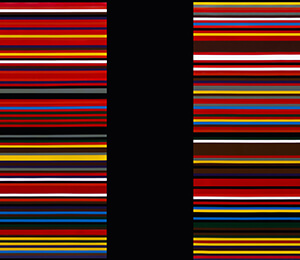
Truth About November 2016 (and how we feel about it.)
1220 x 1400 2K Automotive paint on canvas, 2017
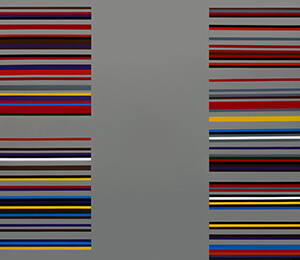
Truth About December 2016 (and how we feel about it.)
1220 x 1550 2K Automotive paint on canvas, 2017
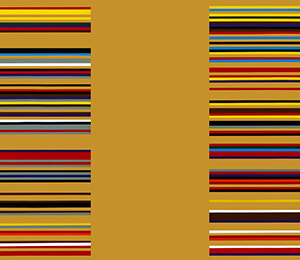
Truth About January 2017 (and how we feel about it.)
1220 x 1550 2K Automotive paint on canvas, 2017
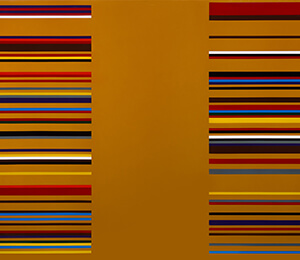
Truth About February 2017 (and how we feel about it.)
1220 x 1550 2K Automotive paint on canvas, 2017
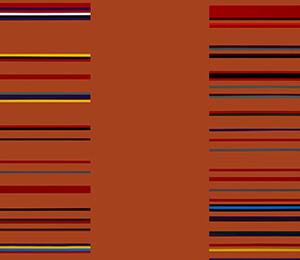
Truth About March 2017 (and how we feel about it.)
1220 x 1550 2K Automotive paint on canvas, 2017
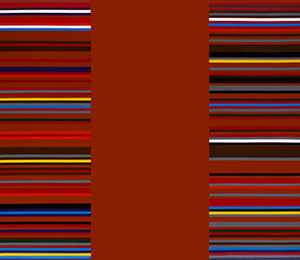
Truth About April 2017 (and how we feel about it.)
1220 x 1550 2K Automotive paint on canvas, 2017
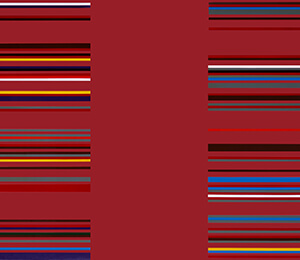
Truth About May 2017 (and how we feel about it.)
1220 x 1550 2K Automotive paint on canvas, 2017
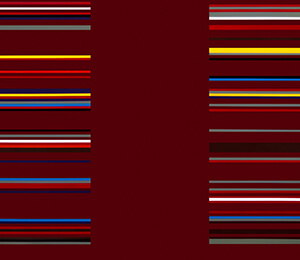
Truth About June 2017 (and how we feel about it.)
1220 x 1550 2K Automotive paint on canvas, 2017
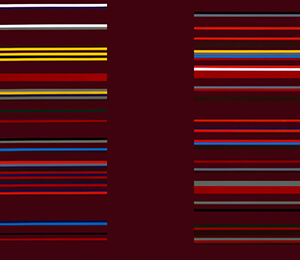
Truth About July 2017 (and how we feel about it.)
1220 x 1400 2K Automotive paint on canvas, 2017
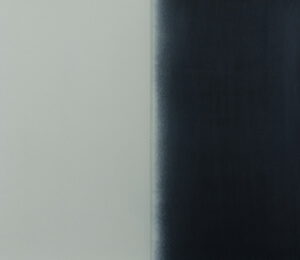
Truth about November 2016
1220 x 1250 2K Automotive paint on canvas, 2017
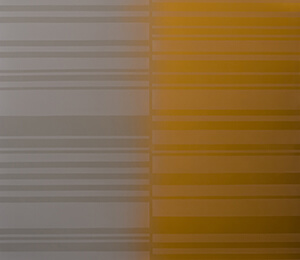
Truth about December 2016
1220 x 1250 2K Automotive paint on canvas, 2017
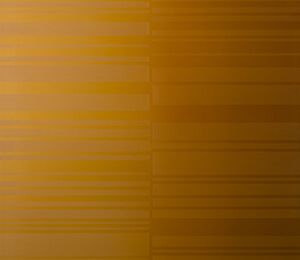
Truth about January 2017
1220 x 1250 2K Automotive paint on canvas, 2017
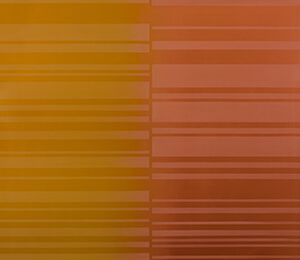
Truth About February 2017
1220 x 1250 2K Automotive paint on canvas, 2017
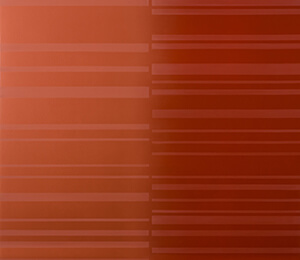
Truth About March 2017
1220 x 1250 2K Automotive paint on canvas, 2017

Truth about April 2017
1220 x 1250 2K Automotive paint on canvas, 2017
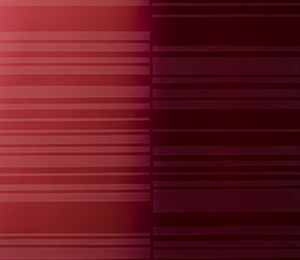
Truth about May 2017
1220 x 1250 2K Automotive paint on canvas, 2017
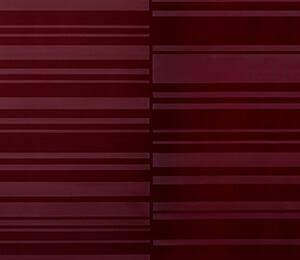
Truth about June 2017
1220 x 1250 2K Automotive paint on canvas, 2017
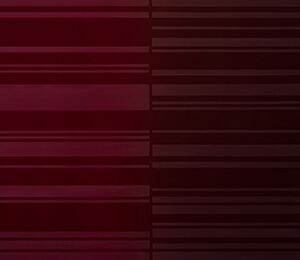
Truth About July 2017
1220 x 1250 2K Automotive paint on canvas, 2017 (Art Fair)